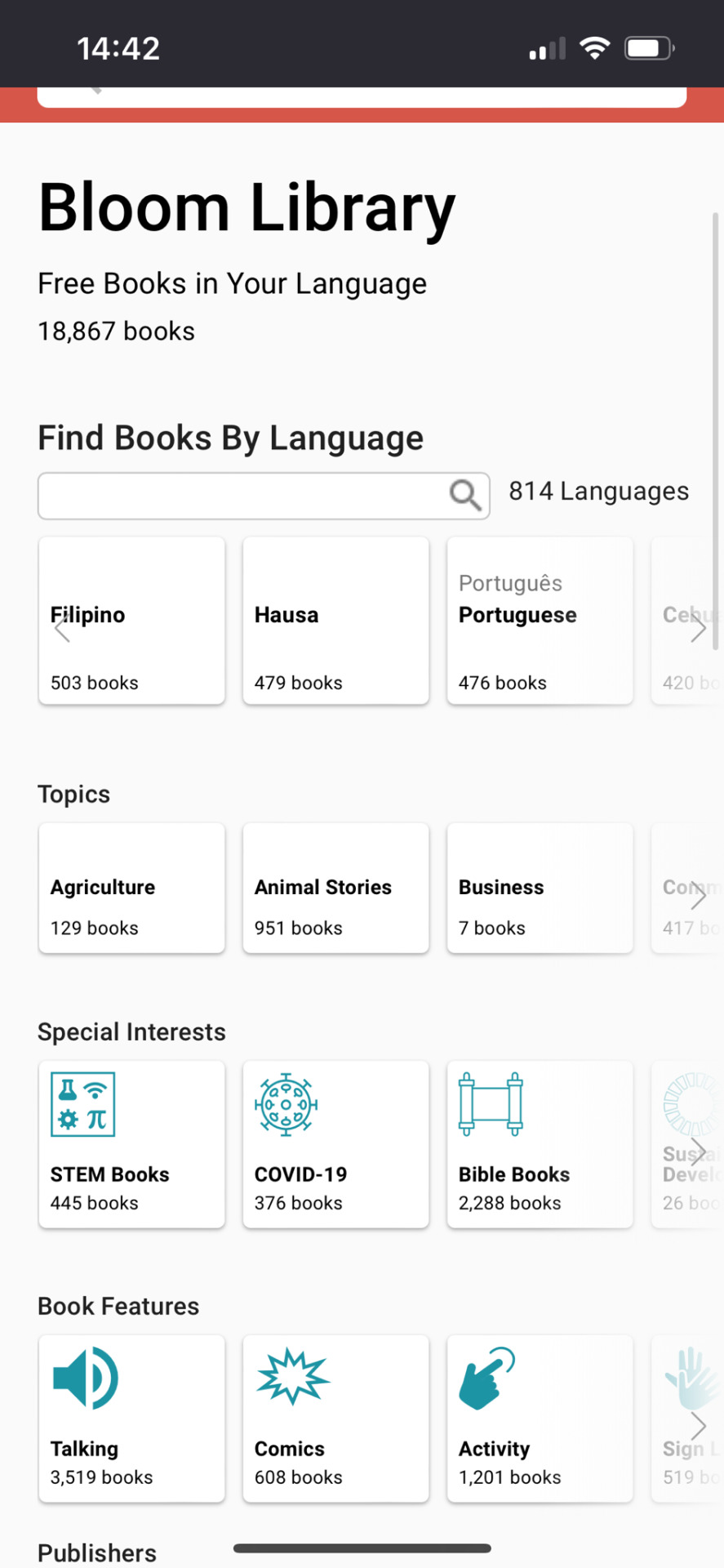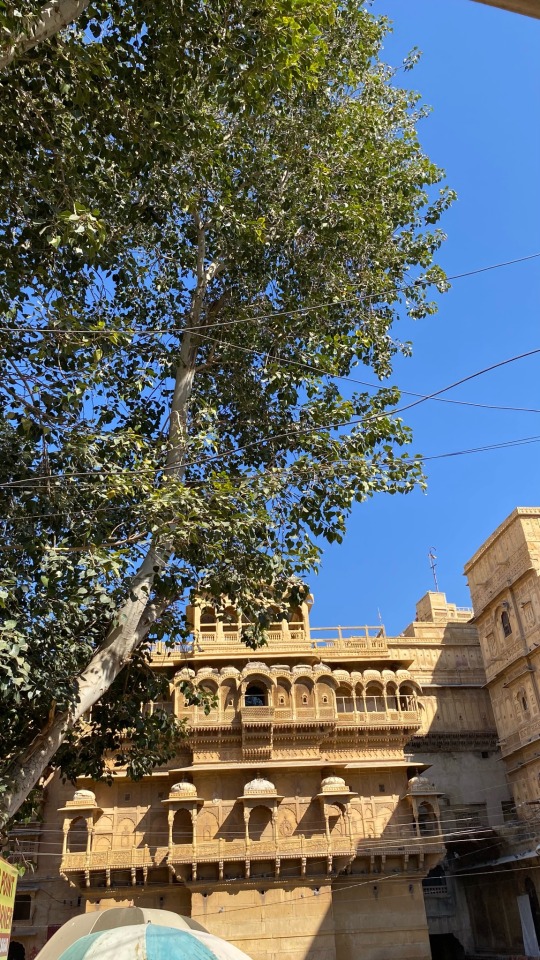Text




Live reaction of me when I understand how something works in the Hindi language
17 notes
·
View notes
Note
Hiii, I've been following your blog since some time. And I've been very fascinated and impressed by your journey. I'm sure at this point you know hindi better than me (I'm not proud of this, I'll focus better on Hindi from now). And I've always had this question, I'm not sure if I asked you or if you have already answered it or not. But how did you start learning Hindi? Are you Indian or indian origin? And how has your journey been? Did you find difficulties? What was easy for you and what did you like/dislike about the culture as you continued learning the language? I'm very curious.
Hi and thank you so much for such a nice ask!
Here's my previous answer to how I got into Hindi in the first place.
In short, I am just a Finnish linguaphile with no connection to India or South Asia whatsoever. I have loved learning about different languages since childhood but Hindi (and Urdu on the side) has been my passion for the past six to seven years now.
I got into the language very typically through Hindi cinema but more than just the aesthetics I'm fascinated by the history, art, socio-political fabric, nature and just all of it. I love learning new things in general and there's always something new about Indian people or culture that draws my interest. Looking at things - whether political, religious or whatever - from a distance, I try to observe and form an understanding more than form opinions - it's not my place and all I have is endless respect for Indian people. I've never been to India but believe me I have long to-do and to-see lists when I eventually one day get to go there.
My language journey has been very enjoyable. I've done some online courses, had iTalki tutors, done some videos to practice pronunciation, made a huge Anki deck and done lots of reading, podcast listening and film watching. I was making great progress but my learning has been on somewhat hiatus since last autumn when I got a new job that took all my energy. Since January I've been writing a PhD thesis proposal that has taken all my spare time and my Hindi learning has diminished to scrolling Tumblr poems and listening to film songs while commuting. The passion is still there and I intend to return to my routines as soon as possible.
What I love most about Hindi as a language is the logic of it. It's - for me at least - very easy to 'get' Hindi, as in understanding the grammar rules - why things are the way they are. Hindi is a very learner-friendly language that way. A bigger issue is the immense vocabulary and understanding of the historical and cultural roots around borrowing sounds and words from Sanskrit, Persian and other languages - how they play together and how they do not etc. When learning Hindi you are never just learning Hindi!
I had some trouble learning Devanagari at first and learning to differentiate all the sounds (and produce them from my mouth). It took time, but one day they clicked. I'm not perfect and there's a lot of room for improvement but seeing the progress I've made is very encouraging and helps me keep on learning. Learning Nastaliq and Naskh is another story - and another journey altogether!
6 notes
·
View notes
Text
Latte Macchiato doesn’t sound so tempting when you know Hindi 🪰
4 notes
·
View notes
Text
so jarring to see people write hindi words in the roman script in a way that is different than mine, what do you mean by aree and chahiey?
28 notes
·
View notes
Text
Those of you who studied Hindi in school, were you specifically taught the nuqta?
(Inspired by @hindisoup's post on the nuqta joke in Darlings)
16 notes
·
View notes
Text
How to progress in a language as an intermediate/advanced learner
As I’ve noticed through my learning of many languages, you always get so much support as a beginner. There are books, there is Duolingo, Memrise, many other apps. But as soon as you’ve swung past a certain point, you suddenly don’t have as many resources, as if you’d suddenly be completely independent. This is a list of tips for intermediate and advanced learners.
1. Identify phrases you use in your every day speech
Nobody speaks with a full vocab of 20k words. In every day lives, many of us tend to use the same phrases. Try to talk to other people/even to yourself and you will slowly realise that you’re missing some phrases, eg. No way, I have no idea, really?, how about xy. Try to have them all, ready, in your active vocab and the way locals/natives say them.
2. Write short essays on more complex topics.
The internet is full of essay topics (on request, I can make a list of useful topics to learn a language, too! Just send me an ask), pick one that you’re not the most familiar with. Write about the climate change, write about the position of your favourite character in a book, write about that on war you learned about at school. Make sure you try to use more complex vocab/grammar. More frequent usage will tend to stick in your active vocabulary!
3. Write a journal
Keep it sweet and simple. Write about your day, your dreams, hopes for the future. Again, it will build up your vocab the way YOU speak. Because that is the most important thing anyway. This topic has been brought up over and over on langblr so there is not much else to say.
4. Learn vocab in phrases
Learning vocab is always useful, however, I personally think that if you learn to connect new words into phrases and learn those phrases, you automatically learn usage as a bonus. Therefore, the word will be much easier to remember. Alternatively, buy a phrasebook of idioms and learn off those.
5. Take an advanced level language course.
Very self-explanatory, however not a thing that everybody does. Take an intensive week long or so course in a country where your target language is spoken. It’s quite worth it investing in and will increase your contact with the language. Not to mention that it’s fun.
6. Join a discord server/group chat
Again, another tip to increase language contact if you do not have a native speaker at hand.
7. Write summaries of things you’ve seen/read
Very helpful, it helps you think in your target language and analyse what you’ve just seen or read. It also helps so that you don’t consume media and books too passively. Sometimes it’s very easy to zone out when you’re listening to a foreign language.
8. Get a grammar book
And read it cover to cover. At this point, there are still some grammar topics you don’t know too much about, but everything should be a lot clearer (depends on the language, of course). Again, don’t just learn it off by heart, try to actively incorporate it in whatever you write or say.
9. Learn essay expressions, complex topics vocab etc.
Quizlet is often useful. Try to find vocab sets made by native speakers (like essay expressions) or try to find specialised vocabulary sets about topics like e.g. disabilities, politics, environment etc.
1K notes
·
View notes
Text
my friend and i were going to study a language together and wound up having to cancel our plans due to scheduling pressures, but! through research we came across a really cool resource for reading in a TON of languages: bloom library!

as you can see, it has a lot of books for languages that are usually a bit harder to find materials for—we were going to use it for kyrgyz, for example, which has over 1000 books, which was really hard to find textbook materials for otherwise. as you can see it also has books with audio options, which would be really useful for pronunciation checking. as far as i can tell, everything on the site is free as well.
2K notes
·
View notes
Text
Speaking a language that you've been learning for a while is scary.
Speaking it with a native speaker is freaking terrifying. Especially if you mess up or say something weird or unnatural for the language you are learning. It's such a horrifying and humiliating experience that one sometimes must go through in order to get better and grow. Don't let it put you down or discourage you.
28 notes
·
View notes
Text







The movie began and ended with this song.
44 notes
·
View notes
Text
How to learn a language
Tips from a language major:
•When learning new vocabulary write the meaning in your language once and the new word at least three times
•If you are learning a new writing style (I.e. Hanzi, kanji, Sanskrit, etc.) write the character at least three times, the meaning and the pronunciation once.
-do not write the pronunciation above the character, write it to the side, otherwise you won’t even try to read it.
-Learn! Stroke! Order!
•when reviewing vocab try to use the word in a sentence.
•do not pay attention to the technicalities of the grammar. Do not attempt to compare it to your own language. This will seriously mess you up for 80 years. Just pay attention to the sentence structure and make similar sentences.
•if you are learning a tonal language (I.e Chinese) or language that has sounds that don’t exist in your language watch videos of people pronouncing things and try to match their mouth movements.
•if all else fails on your tones just speak quickly.
•watch TV shows in that language and yes watch them with subtitles. But please be aware that may not be how people speak in real life (I’m looking at you, Japanese/Chinese/Korean learners)
•DO NOT BE AFRIAD TO MAKE MISTAKES of you mess up during a sentence just correct yourself and keep going.
•flash cards, flash cards, flash cards. Real and digital.
•spend at least an hour a day on it (OUTSIDE of class), if you’re trying to learn on your own you’re gonna need more time.
•talk to yourself in that language, take notes in it, set your phone to it. You probably look crazy but that is a-ok.
•listen to music in that language, while it probably won’t do much for your ability in the beginning it will help you distinguish sounds once you get pretty good.
•and lastly, don’t give up. It took you like ten years to grasp your own language it’s gonna take awhile to grasp another.
-How I learned 2 ½ languages at once.
42K notes
·
View notes
Text
I wish we were pressed flowers on the same page.
-Unknown


Ab ke ham bichhde to shayad kabhi khvabo me mile
jis tarah sukhe hue phuul kitabo me mile.
-Ahmed Faraz


250 notes
·
View notes
Text

वो गाड़ी से झांक शहर देख रही थी।
मैं कनखियों से उसे देख रहा था।
वो अपना घर देख रही थी-
मैं अपना घर देख रहा था।।
45 notes
·
View notes
Text
खैर !
जब इतना कट गया बाकी भी गुजर जाएगा
न अपना घर होगा न अपनी जमीन
फिर भी आसमान तो होगा कुछ न कुछ
फिर भी नदी होगी कभी भरी कभी सूखी
और यह भी कि कोई इच्छा थी कभी।
-अरुण कमल
30 notes
·
View notes
Text







Rajasthan Architecture (Jaisalmer🐪🪞✨)
169 notes
·
View notes
Note
Do you agree with the popular conclusion in western linguistics that vowel length is not phonemic in modern Marathi (even if it’s indicated in writing)? I went to Maharashtra for the first time during my last visit to India and I did notice that vowel length was a lot more ambiguous than I expected in all cases, but especially in the distinction between अ and आ. But the mutual intelligibility between Maharashtrian Marathi and my dialect, Thanjavur Marathi, is not great, so wtf do I know
This sounds like one of those things that we don't really pay attention to as native speakers, but would be very important for someone learning the language!
However, I do think that there is plenty of ambiguity between short and long vowels, especially इ/ई and उ/ऊ. The example that comes to mind for me is that the -वू suffix in Marathi, where say धावू नकोस is pronounced closer to धाउ नकोस.
I can't say I've noticed an ambiguity between अ and आ though. I think some examples might help there.
I'm no linguist, but this was a really cool ask! Thank you!
35 notes
·
View notes









